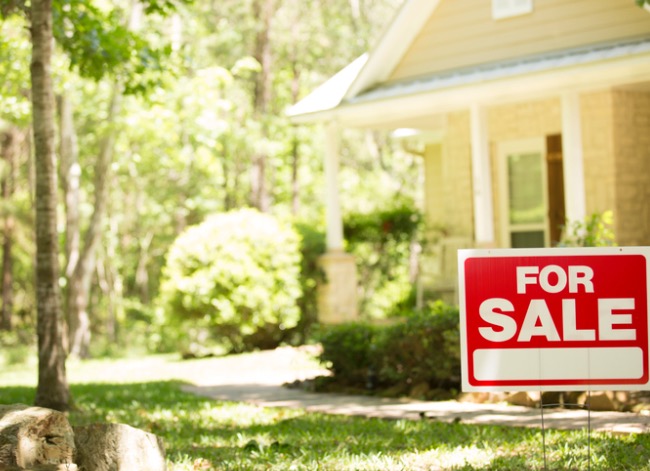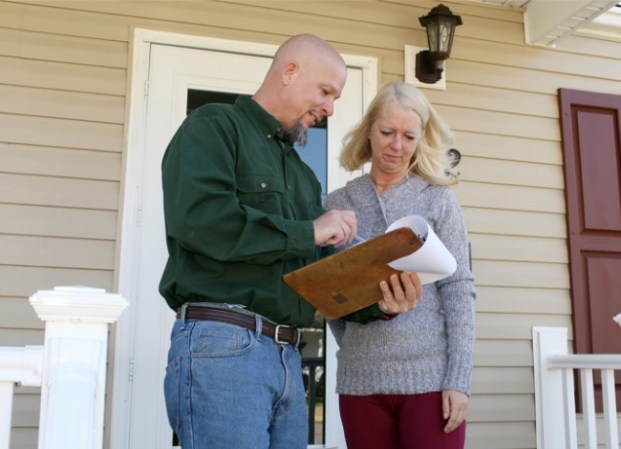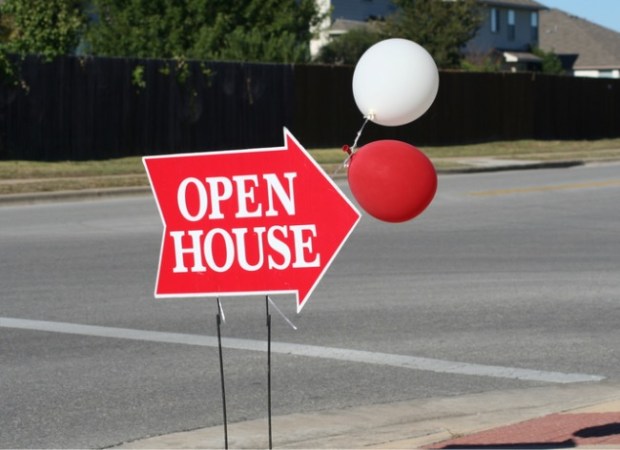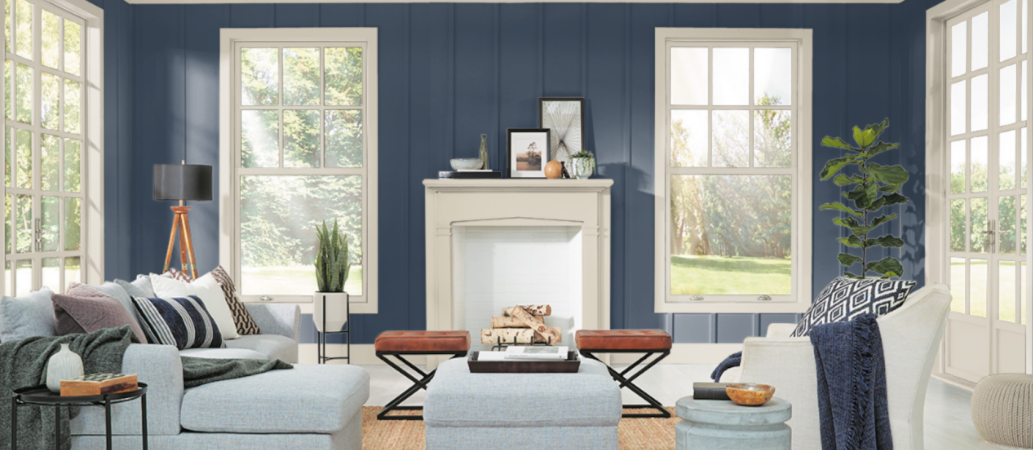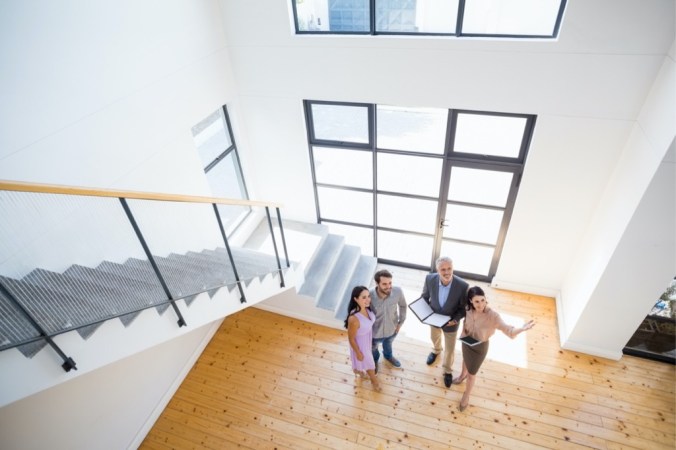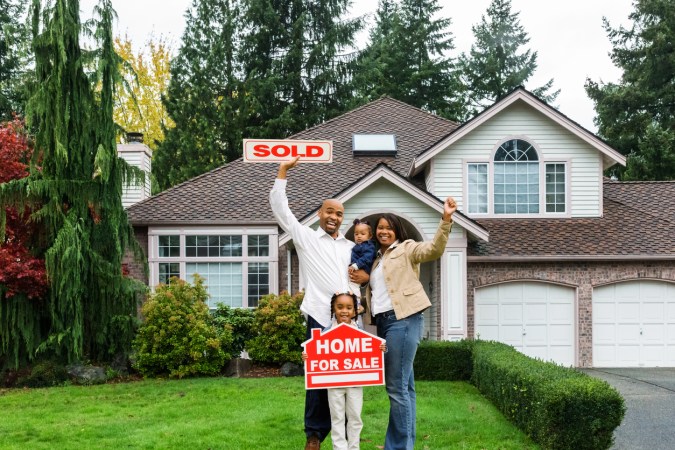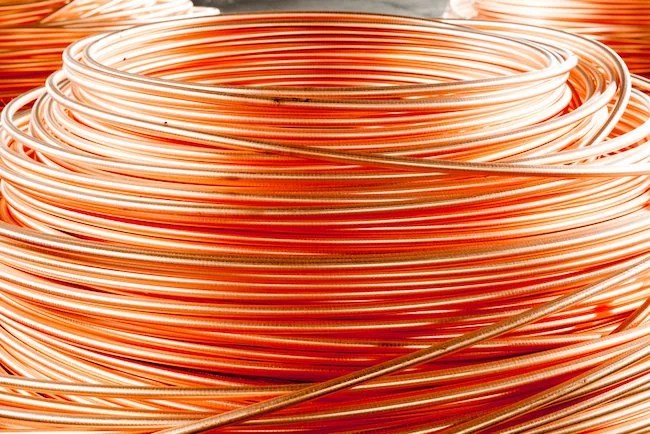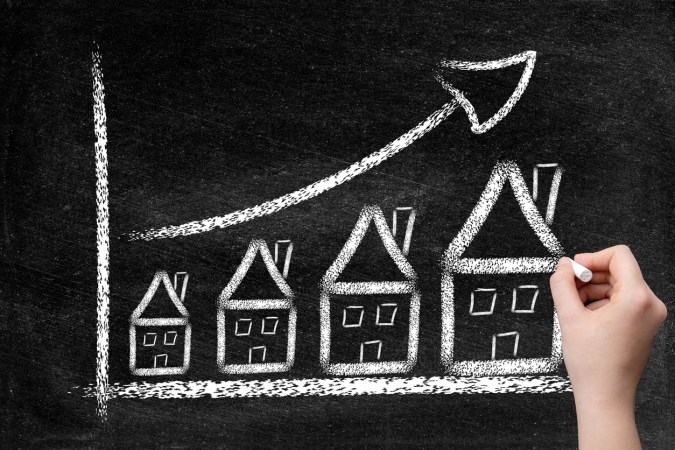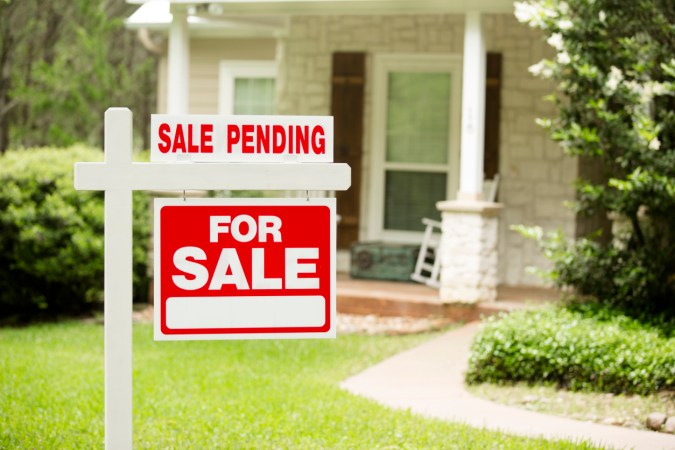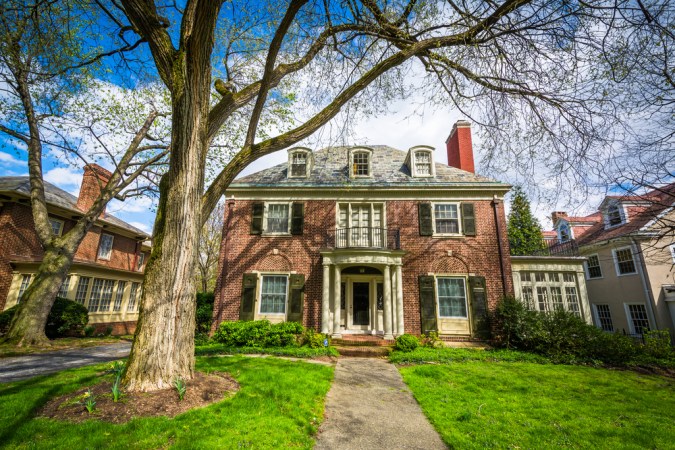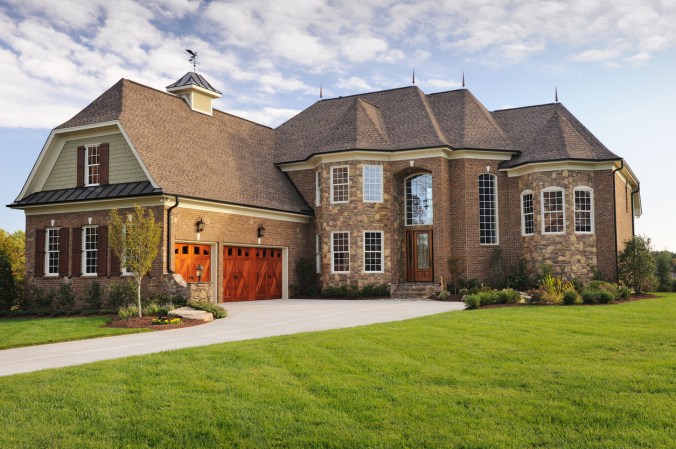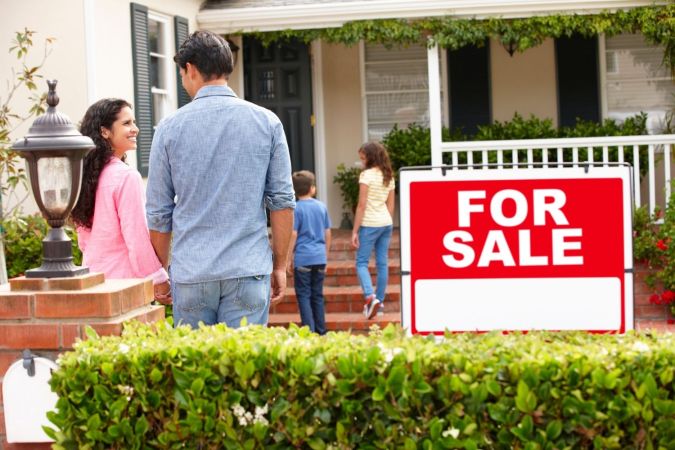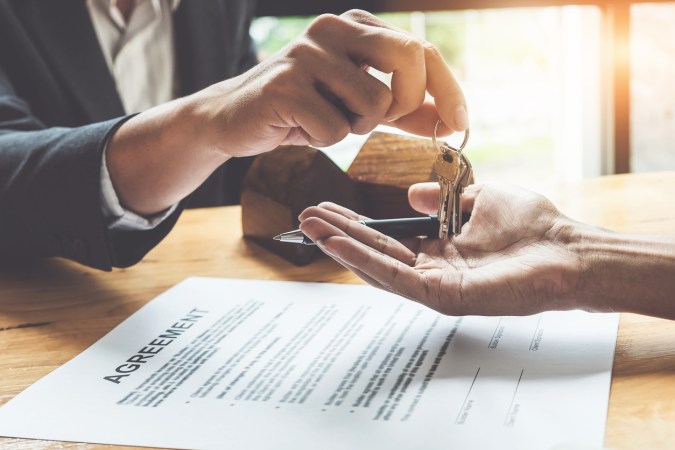We may earn revenue from the products available on this page and participate in affiliate programs. Learn More ›
Even before the Covid era, the housing market had been competitive. But now, after spending 24 hours every day at home during the pandemic, many renters have decided to become homeowners, and many existing homeowners have decided they need more square footage. Add in record low interest rates, and we’re in a seller’s market with no end in sight. In fact, according to the Federal Home Loan Mortgage Corporation (Freddie Mac), there are currently 3.8 million fewer homes than needed in the United States.
It’s no surprise, then, that houses are selling like hotcakes, which makes this the perfect time to put a “For Sale” sign in your yard, right? Not necessarily. Believe it or not, this may not be the best time to sell your home. Before you decide to put your home on the market, ask yourself the following four questions.
Where Will You Go?
Many potential sellers are focusing only on the fact that a hot seller’s market can net them a lot of money. But have you thought through where you’ll go after your home sells? “Not everyone has a second home to escape to, and although renting a property is an option, not everyone wants to go through the hassle of finding a place, putting possessions into storage, etc.,” says Irene Keene, Realtor at Coldwell Banker Realty in Madison, Connecticut.
“What I have seen in some listings is that the home is actively being marketed, but the sellers are requesting to ‘rent back’ from the buyers—in some cases up to a year past closing.” Keene admits that this may work if the buyers are looking for an investment property to write off on their taxes and have no immediate need to take occupancy. But how many people are going to be in that category? Most buyers want to move in as soon as possible, especially if they’re currently paying to live somewhere else.
What Will You Buy?
If you sell your home and don’t want to rent, you’ll need to buy another home … in a seller’s market. Good luck with that. “Depending on what you are planning to buy, it may be a bad time for you to sell,” warns Jose Laya, broker associate at Berkshire Hathaway HomeServices EWM Realty in Miami, Florida. In certain parts of his city and the surrounding areas, Laya says there’s very little inventory.
“On one side,” Laya notes, “it’s great to be a seller in this market; however, sellers who will then become buyers may be in a tough spot because they might not find what they’re looking for.” He says it depends on where they plan to go and what they plan to buy. “If they really want to sell and cash out, I may just recommend renting, but it all depends on the client’s needs and wants,” he says.
Laya’s view is shared by Amy Herman, an agent at SERHANT in New York City. “You have to go where you will not be gouged as a buyer,” she advises. “Is it the same market or a different part of the county, suburbs versus the city? Do your due diligence and make sure you are educated on exactly what’s happening there.” She warns that if you move to a place with a total inventory shortage, you could end up overpaying for a property—or worse, you might not find anything. “Ideally, you are selling in a very hot area and downgrading in the same market, or shifting to a different town that is slightly less coveted but still has some great property options.”

When Will Your Home Be Built, and How Much Will It Cost?
While some people who can’t find a home may consider building one, lumber prices are skyrocketing, and the National Association of Home Builders reports that this has increased the cost of building a home by an average of $35,872. Greg Kurzner, president/broker at Resideum in Alpharetta, Georgia, says it’s hard to remember when it has been so expensive to build a home. “With lumber increasing in price by 300 percent compared to last year, a shortage of concrete, and builders in high demand, you may be on a long waiting list to get your home built,” he says.
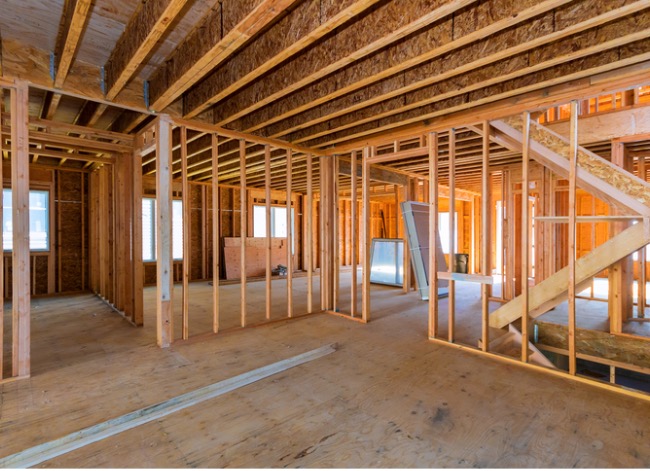
Can You Get the Best Price for Your Home?
Even though we’re in a seller’s market, Herman recommends finding out what neighboring homes are selling for before you put your home up for sale. “Are people in your area getting a premium, and if so, is this a premium compared to when you purchased the home?” she asks. It could be that you could sell your home for even more if you’re willing to hold onto it a little longer.
Herman also warns against skimping on your home’s presentation.”Did you do small improvements or do you have a contractor lined up to help you?” If you don’t have someone already booked, she notes that contractors may be hard to find right now because everyone else is updating their home too.
Even in a tight market, your home still needs to look good to command top dollar. “You don’t want to leave money on the table because you didn’t fix the cabinet hinges, put a fresh coat of neutral paint on your home, freshen up bathroom grout, or take care of any other details that make the home look overly lived-in or like it needs work,” Herman says.
And you certainly don’t want to be one of those sellers trying to use home staging to hide problems. If your home isn’t ready, consider waiting until you can make the necessary updates or corrections. In this market, you can choose to sell your home “as is,” but you probably won’t get the best price.

